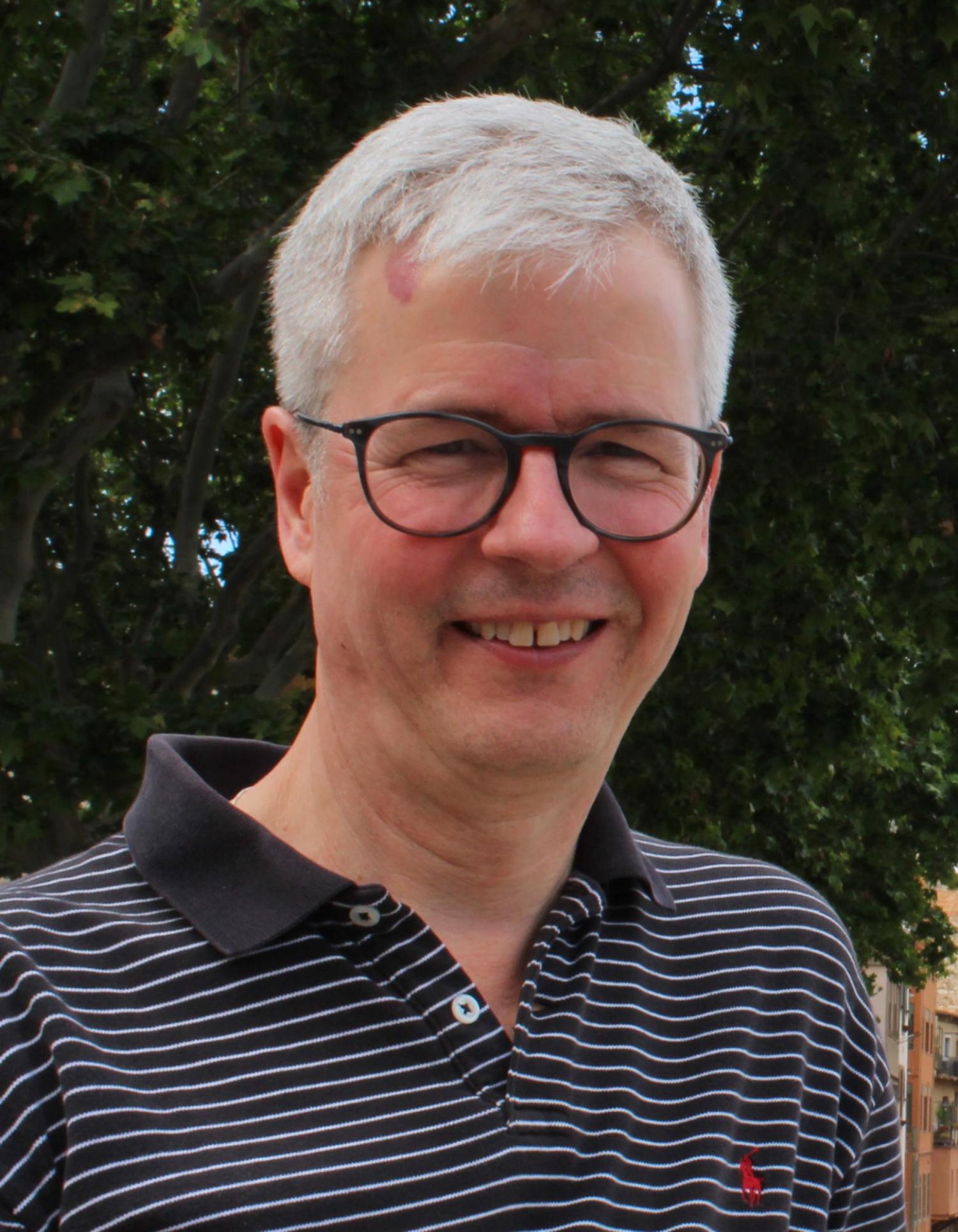Gary Wick (AeroEngr BS'88, MS'90, PhD'95)
Dr. Gary A. Wick obtained his B.S. (1988), M.S. (1990), and PhD (1995) degrees from the Department of Aerospace Engineering Sciences at the University of Colorado Boulder.
His graduate work, performed through the Colorado Center for Astrodynamics Research, was in the area of satellite-derived measurements of the sea surface temperature with a focus on integrating the processes occurring at the air-sea interface. He completed a post-doctoral position at the Applied Physics Laboratory at the University of Washington and then worked through the Cooperative Institute for Research in Environmental Sciences (CIRES) at the University of Colorado Boulder before joining the National Oceanic and Atmospheric Administration (NOAA) in 2000.
Since then, he has worked as a Research Physicist with the NOAA Physical Sciences Laboratory and its predecessor, the Environmental Technology Laboratory, and currently is the Chief of the Boundary Layer Observation and Processes Division.
Dr. Wick’s research has focused on the application and evaluation of remotely sensed measurements of oceanic and atmospheric parameters as well as the characterization of processes at the ocean-atmosphere interface. He has served on multiple NOAA committees addressing satellite observing requirements and is an active member of the International Group for High Resolution Sea Surface Temperature, the American Meteorological Society, and American Geophysical Union.
He has further supported Uncrewed Aircraft Systems (UAS) activities within NOAA since 2007 and served details as deputy director and acting director of the Uncrewed Systems Research Transition Office. Within his UAS activities, he led major campaigns demonstrating the scientific applications of the Global Hawk aircraft including the Sensing Hazards with Operational Unmanned Technology (SHOUT) experiment for which he was awarded the NOAA Research Employee of the Year Award for Leadership in 2017.
His other research has resulted in multiple Group Achievement awards and two NOAA outstanding scientific paper awards. Gary remains involved with the academic community, mentoring summer students, and giving frequent guest and invited seminars at CU and other universities.


